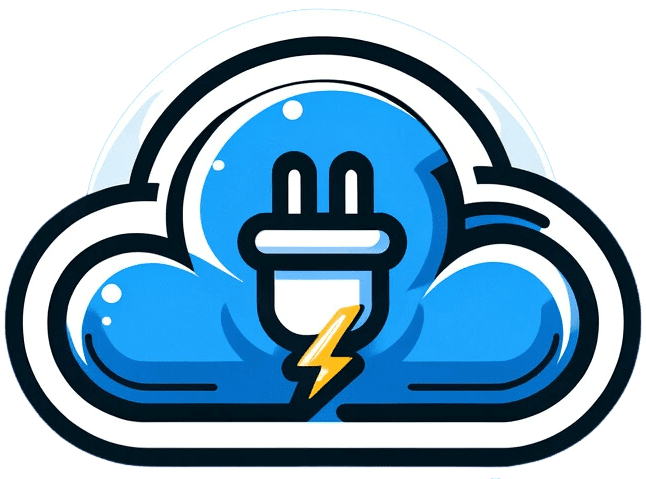A municipal website is a website that is owned and opera
A municipal website is a digital platform owned and operated by a local government, typically a city or town, designed to provide important information and services to citizens, businesses, and visitors. These websites serve as an essential communication tool, offering easy access to information about local government services, elected officials, city departments, and community events. Municipal websites function as a central hub for engaging the public and maintaining transparency, facilitating efficient government services.
Key Features of a Municipal Website
Municipal websites are designed to streamline communication between local governments and the public. Below are some of the most common features that enhance accessibility and functionality.
1. Information About Local Government Services and Departments
One of the primary purposes of a municipal website is to provide detailed information about government services. This includes resources related to public safety, utilities, zoning, and public works, among others. Visitors can easily find information about the services they need, such as trash pickup schedules, road maintenance, and emergency services.
2. Contact Information for Elected Officials and City Staff
Municipal websites often include directories with contact information for elected officials like the mayor, city council members, and city staff. This transparency allows residents to directly communicate with their representatives and provides a way for the community to engage with local leaders.
3. Meeting Schedules and Agendas for City Council and Governing Bodies
Municipal websites also host important information about government meetings, such as city council schedules, agendas, and minutes. This feature ensures that residents are informed about upcoming decisions, policies, and discussions within the local government.
4. Maps and Information About City Facilities and Services
Interactive maps are a popular feature on municipal websites, providing detailed information about key city services, public parks, community centers, and more. These maps can help residents and visitors easily navigate municipal resources and facilities.
5. Information About Community Events and Activities
Promoting civic engagement is a key function of municipal websites. These platforms often have sections dedicated to local events, community activities, and public meetings, encouraging residents to participate in their communities and stay informed about social and cultural events.
6. Links to Other Government Websites and Resources
Municipal websites frequently include links to state or federal government resources. This makes it easy for residents to access broader government services, such as tax filing, voter registration, and driver’s license renewal, without leaving the local site.
7. News and Announcements About the Municipality
Municipal websites are a key source for local news and announcements. This may include information about road closures, public safety alerts, new regulations, and upcoming projects that affect the community. Keeping residents updated ensures effective communication during emergencies or special events.
8. Online Forms for Service Requests and Feedback
An important feature of municipal websites is the ability to complete online forms for various requests or feedback. Residents can submit issues like reporting potholes, applying for permits, or providing feedback directly to the local government without needing to visit city hall in person. This digital service makes government services more accessible and efficient.
Why Are Municipal Websites Important?
1. Enhance Communication and Transparency
A municipal website plays a vital role in maintaining transparency by offering easy access to public records, meeting agendas, and contact information for city officials. This promotes accountability and ensures that residents can stay informed about local government operations.
2. Improve Service Delivery
By offering a range of online services, municipal websites make it easier for residents to access critical resources. Whether it’s paying utility bills, submitting forms, or requesting city services, these platforms reduce the need for in-person visits to government offices, streamlining the process for everyone.
3. Foster Civic Engagement
A municipal website encourages community involvement by providing details about public meetings, events, and opportunities to participate in local government. This accessibility helps residents engage with their local government and fosters a sense of community.
4. Support Economic Development
Municipal websites can serve as a promotional tool for attracting businesses and visitors to the area. By showcasing the city’s amenities, resources, and opportunities for investment, these websites help boost economic growth and foster a business-friendly environment.
Conclusion
A municipal website is an indispensable tool for local governments. It serves as a central hub for communication, engagement, and service delivery, making it easier for residents, businesses, and visitors to interact with local government entities. With features that enhance transparency, improve accessibility, and encourage civic participation, municipal websites play a key role in modern governance.
ted by a local government, typically a city or town government. These websites are typically used to provide information and resources to citizens, businesses, and visitors of the municipality. The website may include information about local government services, elected officials, city departments, community events, and more. Municipal websites often serve as a central hub for information about the municipality and can be an important tool for communication and engagement between the government and the community.
Some of the common features of municipal websites include:
- Information about local government services and departments
- Contact information for elected officials and city staff
- Meeting schedules and agendas for city council and other governing bodies
- Maps and information about city facilities and services
- Information about community events and activities
- Links to other government websites and resources
- News and announcements about the municipality
- Online forms for residents to submit requests or feedback to the government.
It’s important to note that the features and contents may vary depending on the size and needs of the municipality and the laws and regulations that apply to it.




